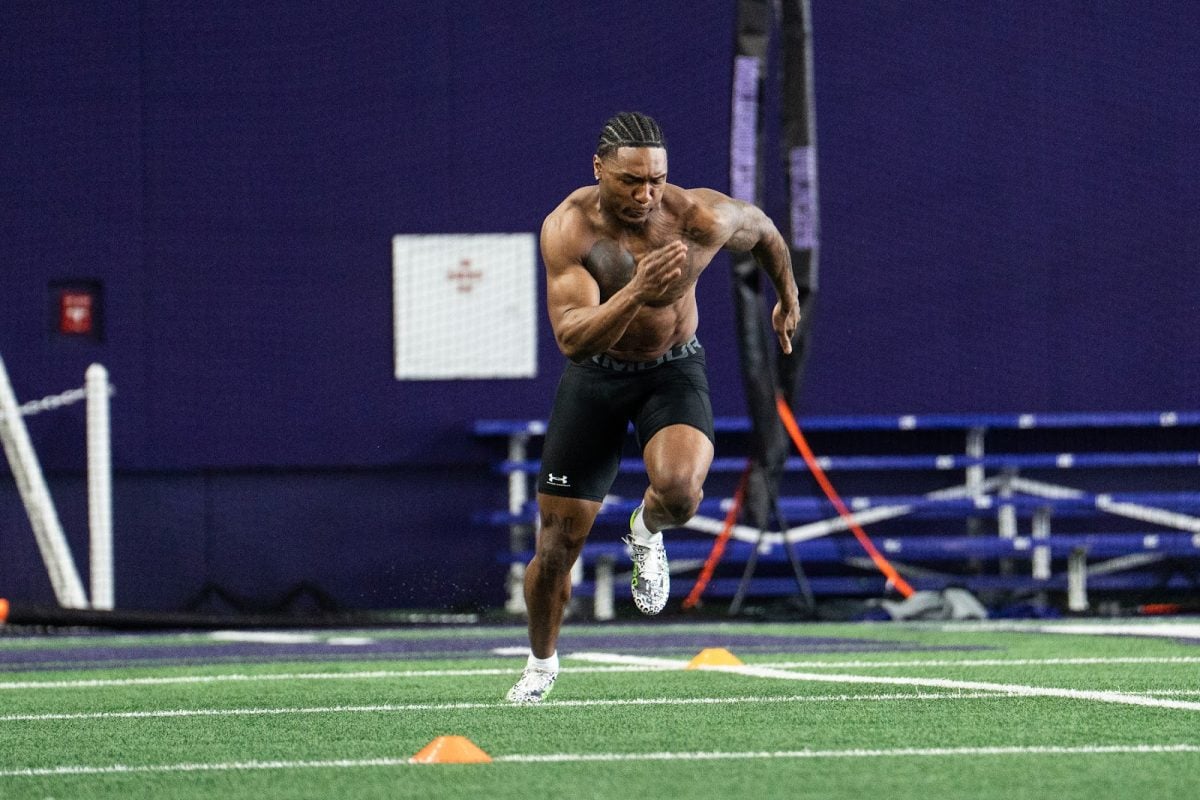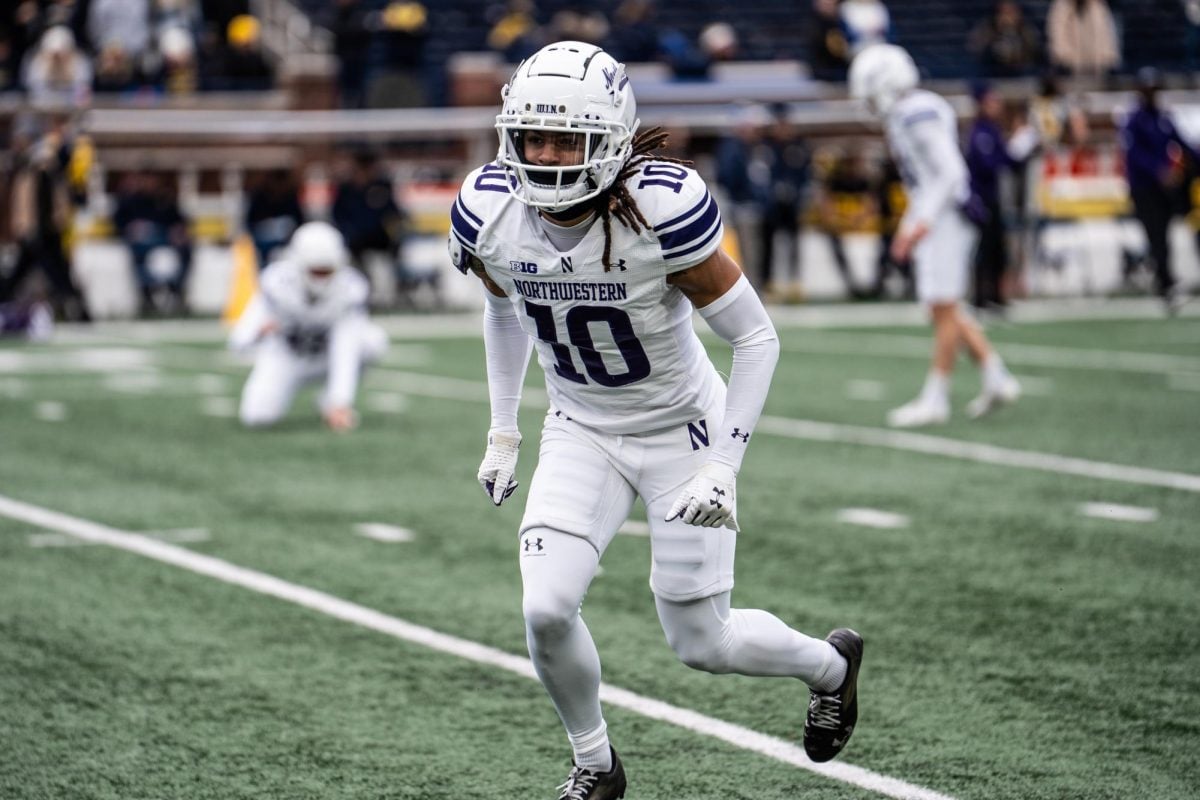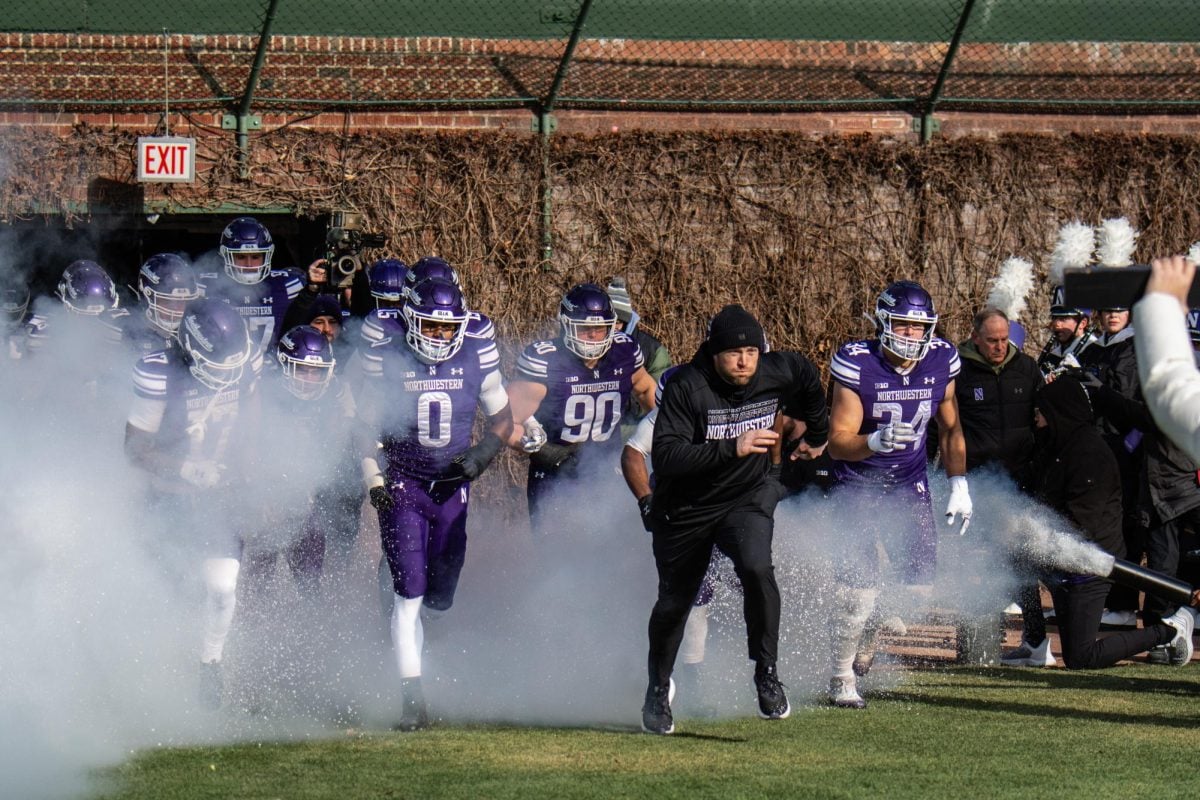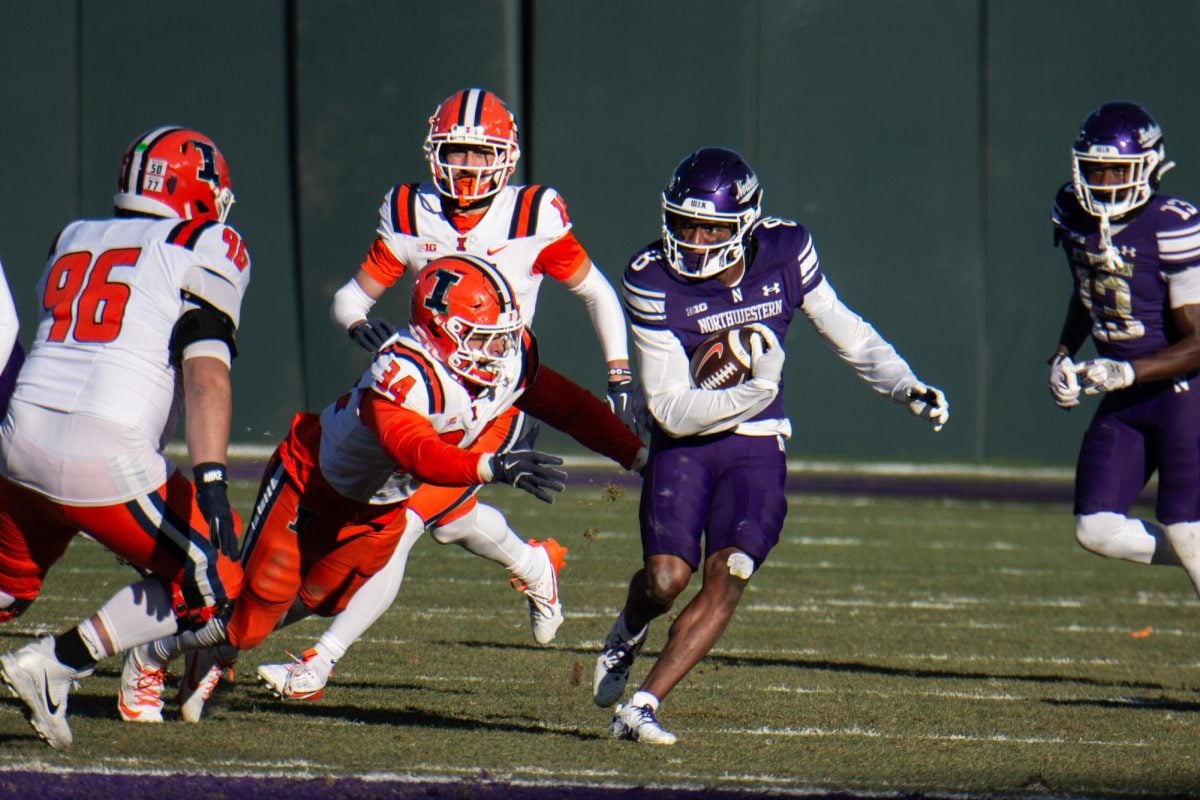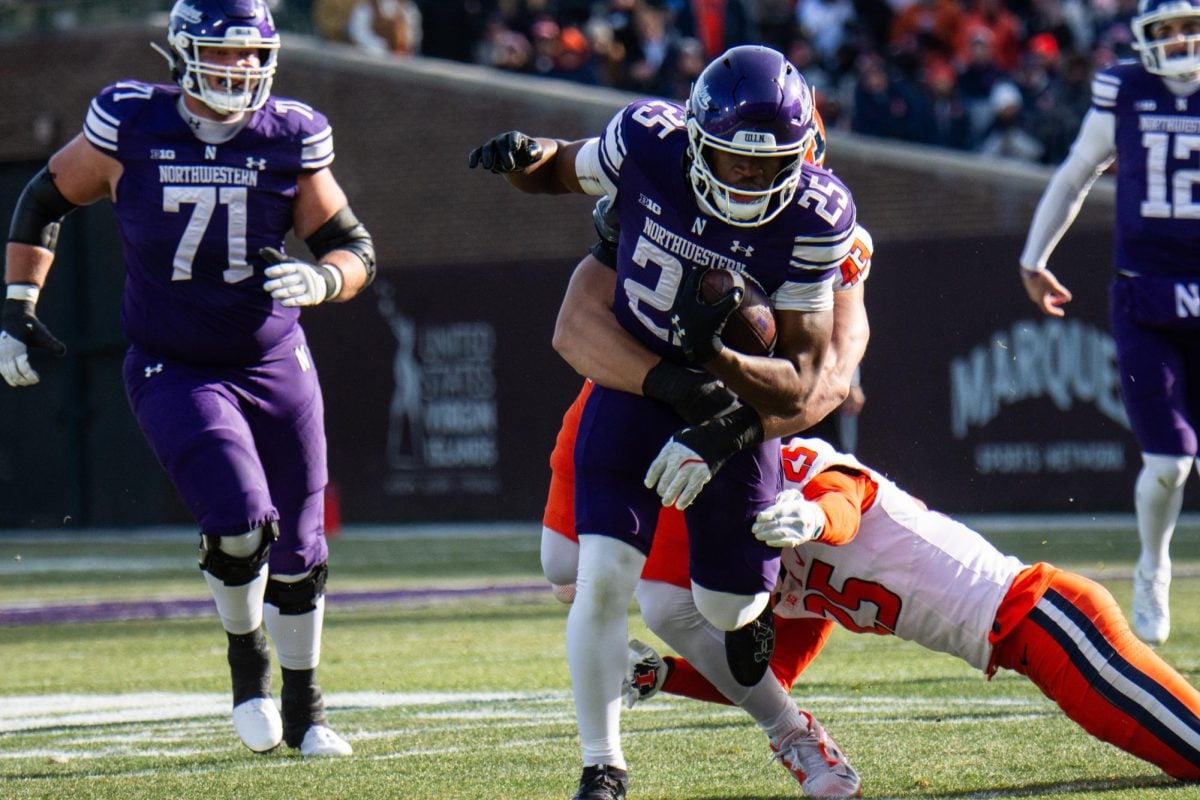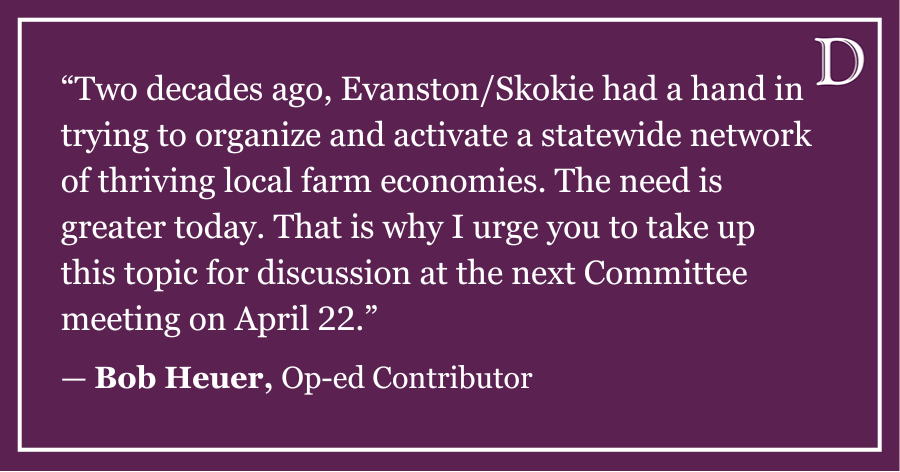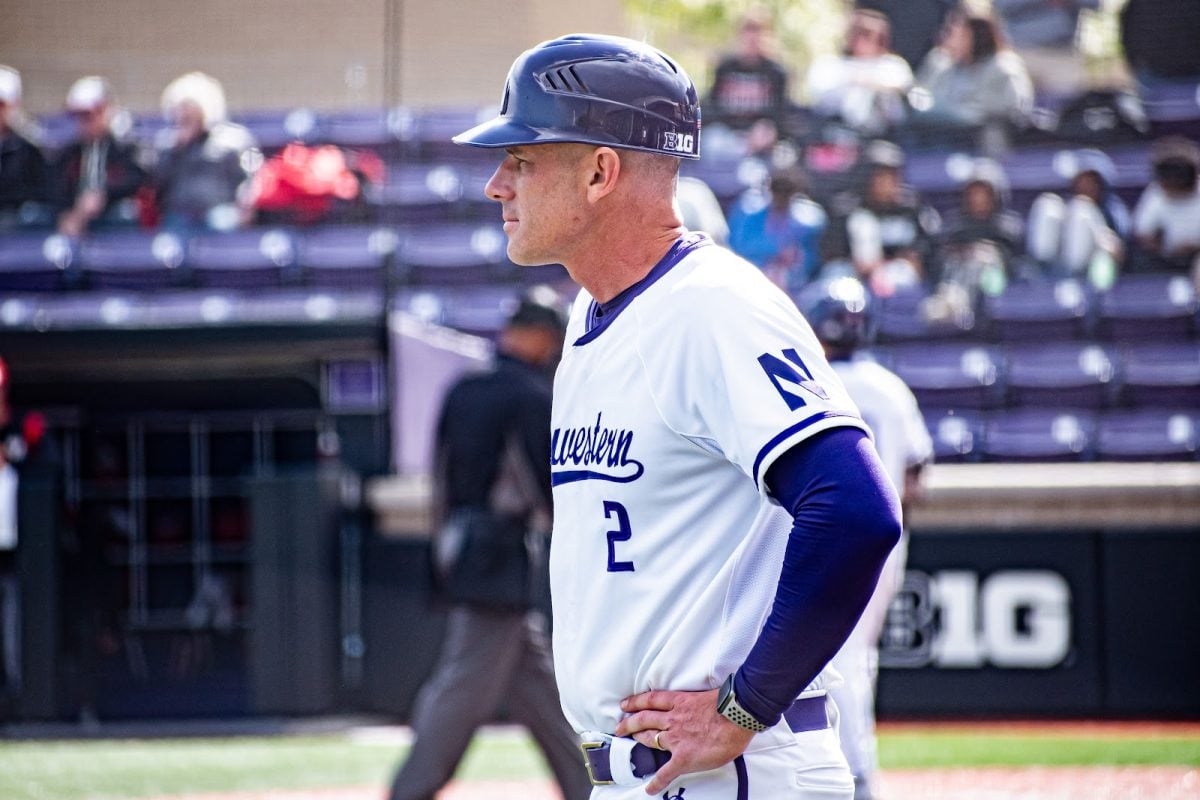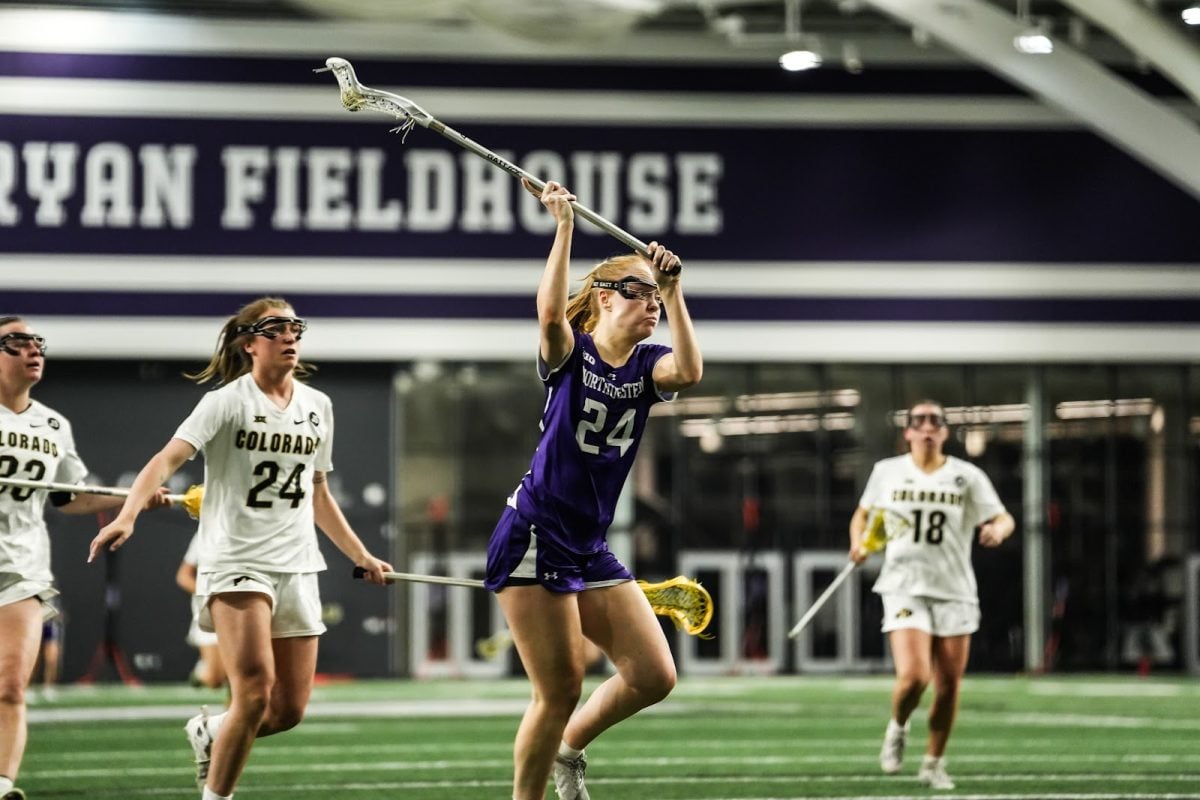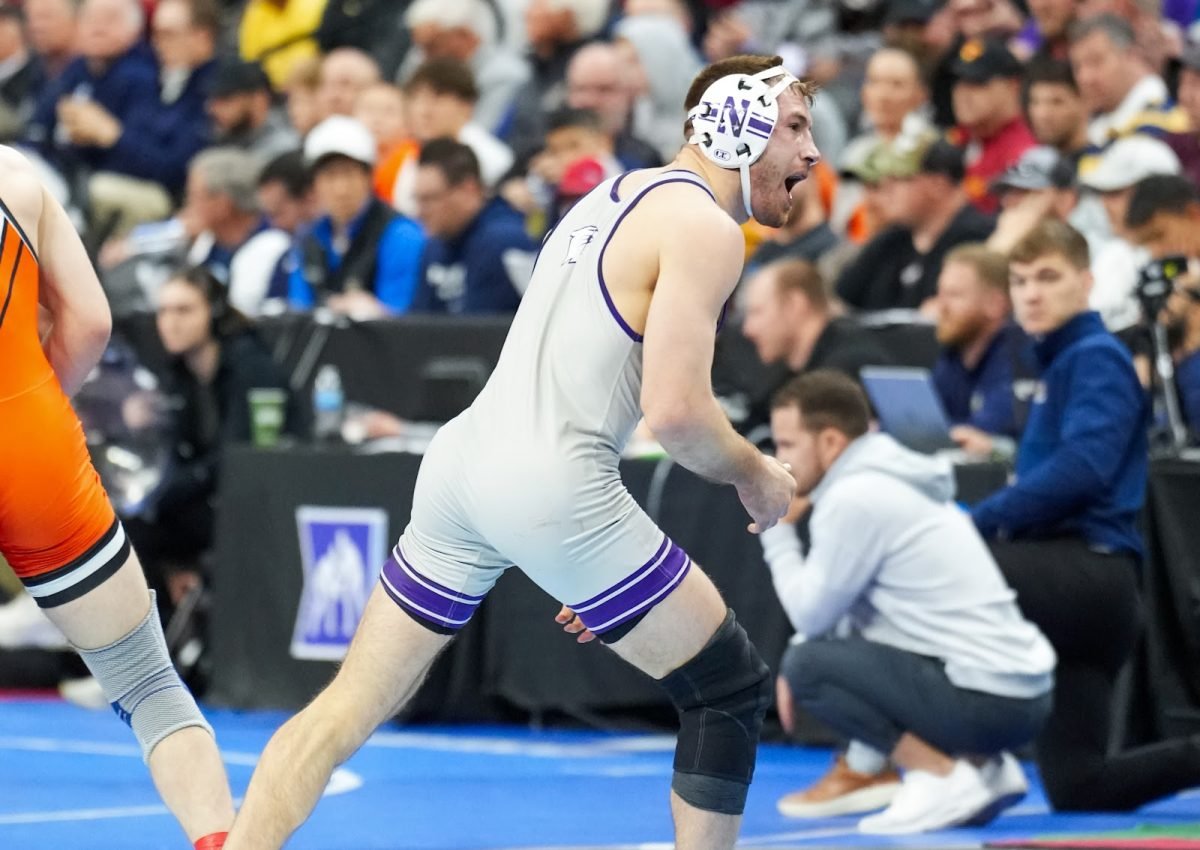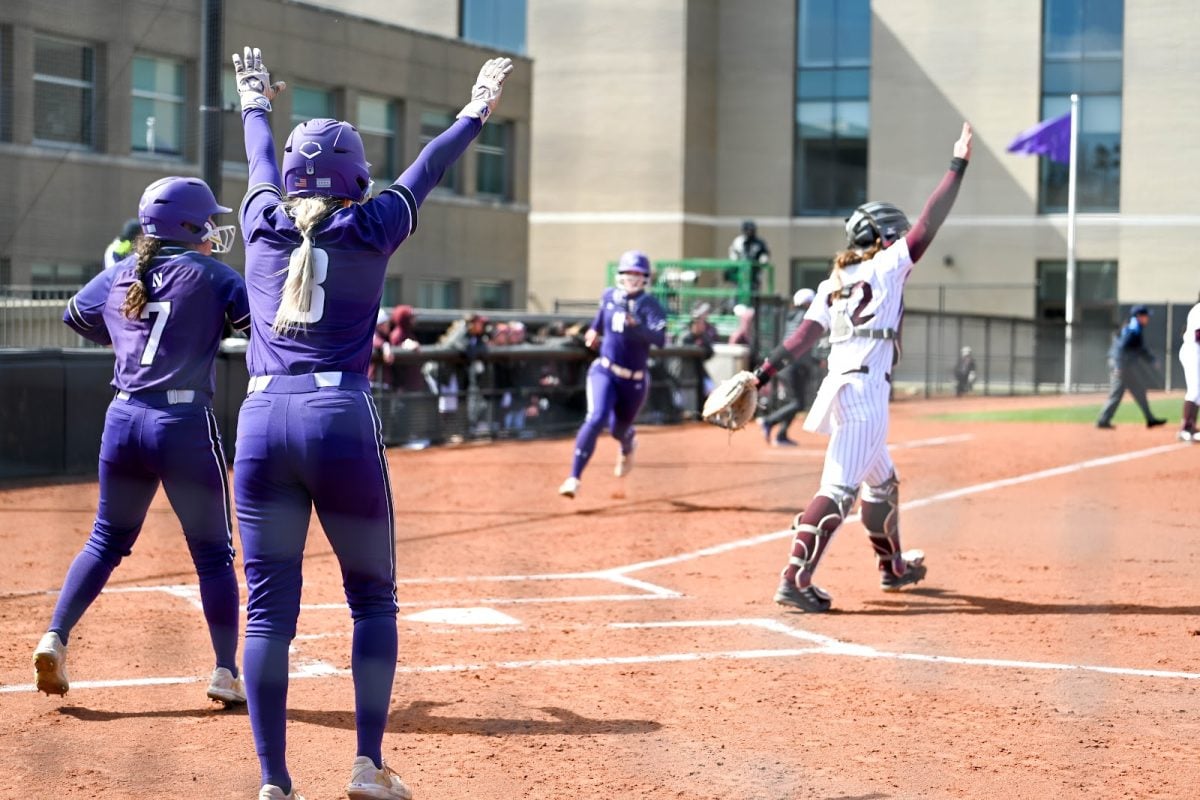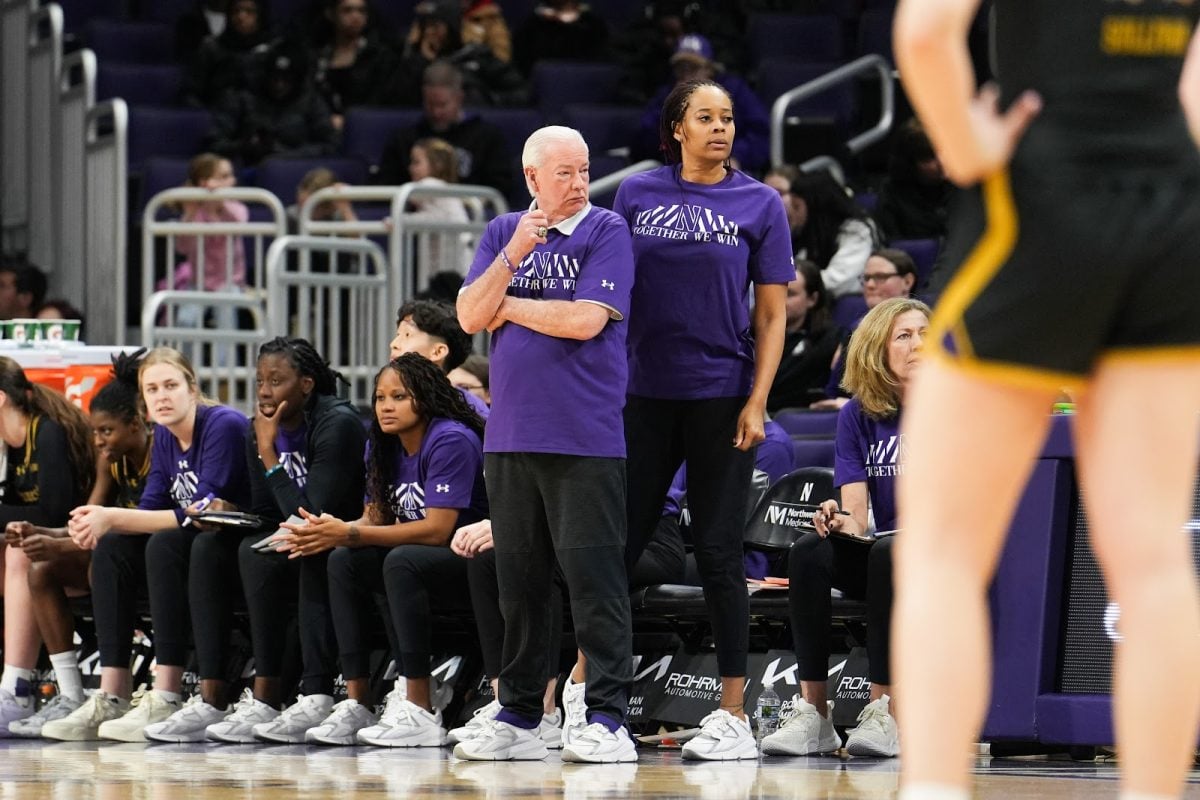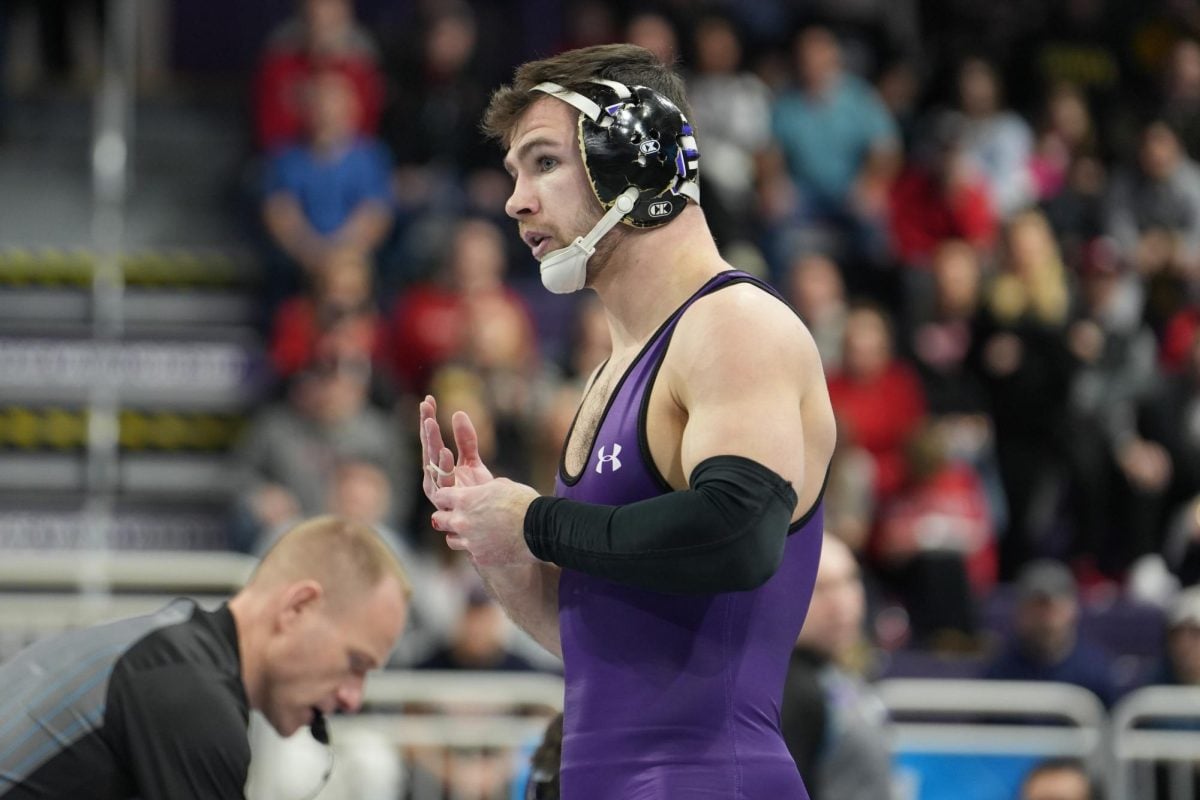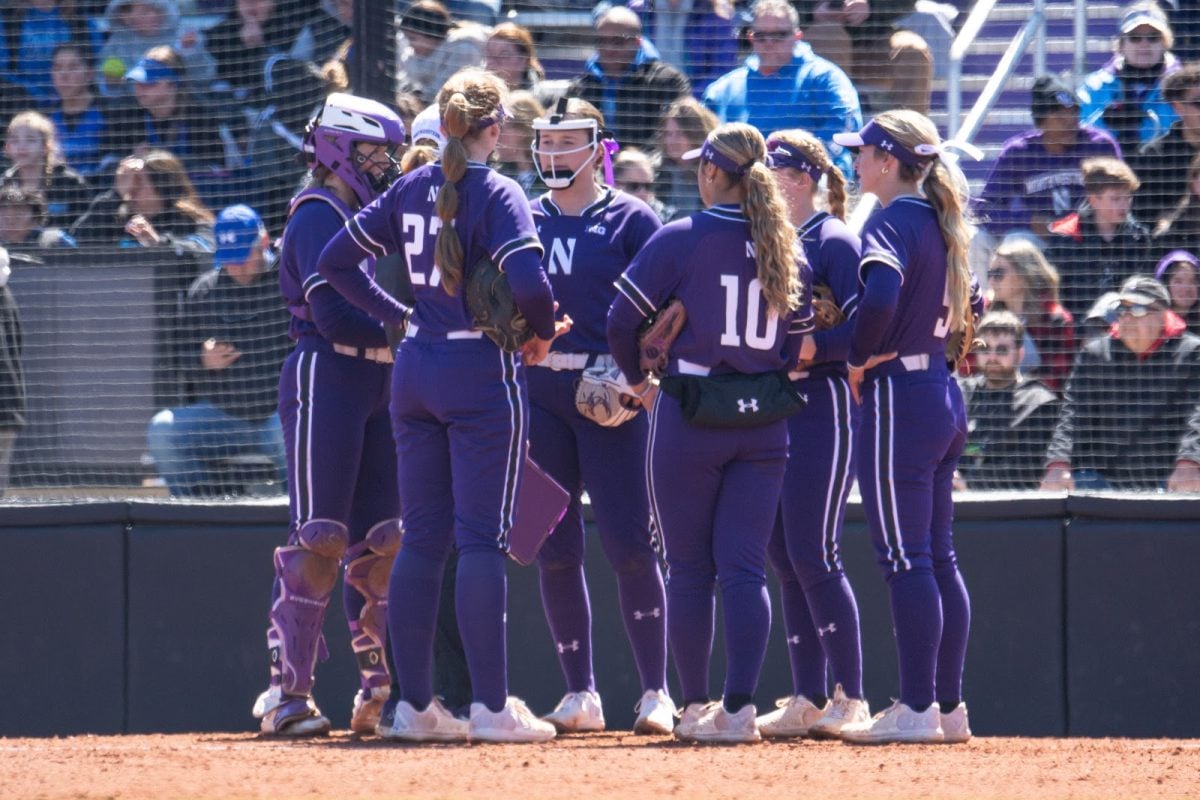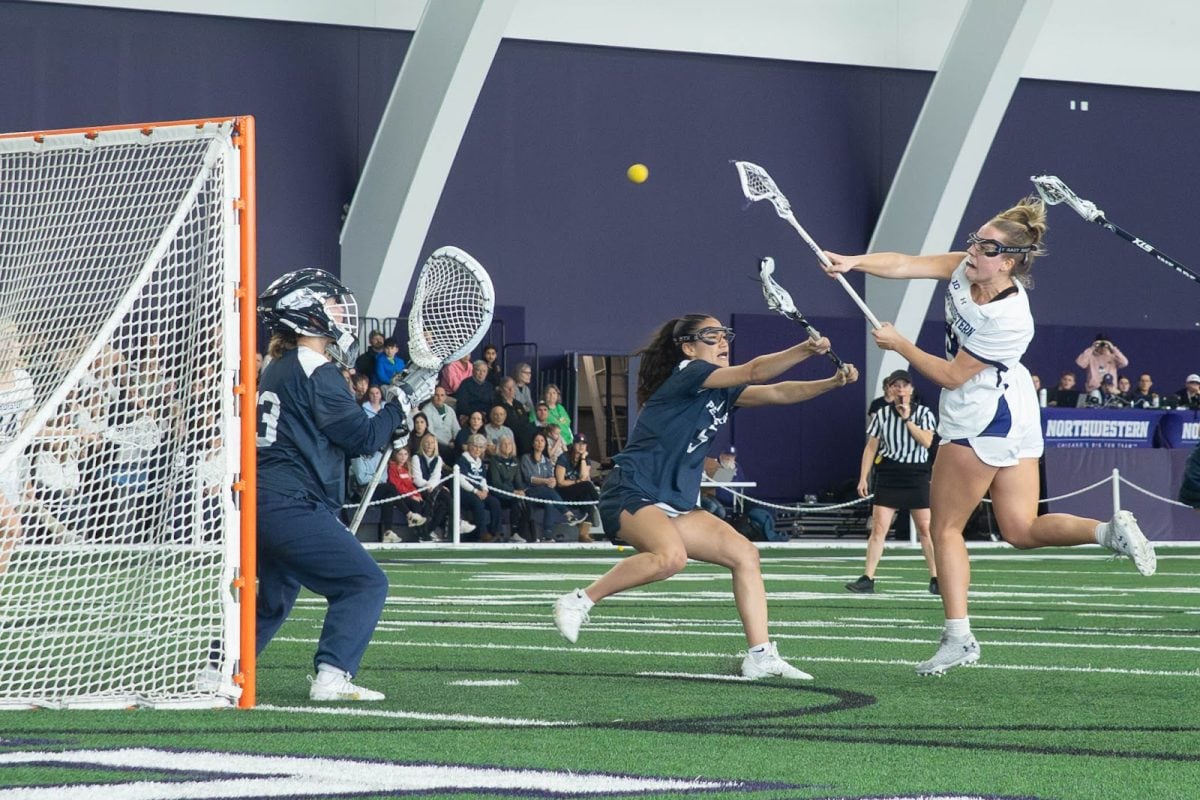Testimony continued Wednesday at the National Labor Relations Board hearing to determine whether Northwestern football players are employees of the University.
Two witnesses — one from the College Athletes Players Association and one from NU — took the stand on the second day of the proceedings.
Wednesday’s first witness was sports economist and Southern Utah University Prof. David Berri. Berri faced immediate skepticism from the hearing officer and NU attorneys.
First, the hearing officer asked CAPA to explain the relevance of Berri’s expertise, which primarily involves the economics of professional sports. After some hesitancy — and argument from the NU side — she eventually allowed Berri to testify but limited the scope of CAPA’s questions to the state of the present-day NCAA.
Once Berri’s testimony began, NU repeatedly attempted to cast doubt on his credibility, objecting several times to lines of questioning that the school’s attorneys deemed beyond his field of study.
After running in place for more than an hour, Berri’s testimony moved forward. Largely discussing a report he put together for Wednesday’s hearing, he noted the revenue-generating qualities of athletic programs and argued a labor union would not hurt the competitive balance in college football.
After a lunchtime recess, NU called to the stand Brian Baptiste, associate athletic director of compliance. Baptiste discussed the logistics of NCAA rules regarding amateurism and recruiting, explaining what is and is not allowed under NCAA rules.
Baptiste’s testimony allowed the school to make one of its most crucial points: NU does not have authority under NCAA rules to improve athletic compensation or eliminate certain restrictions. Essentially, the school argues, CAPA’s goals can be addressed only by the NCAA, not by individual schools.
CAPA countered by pointing out NU chooses to take part in NCAA competition and therefore abides willingly by its rules.
In its cross-examination of Baptiste, CAPA focused on the definition of “countable athletics-related activities,” which dictates which hours count toward the NCAA weekly maximum of 20. A day after former NU quarterback Kain Colter testified players spend as many as 40-50 hours a week on football during the season, Baptiste explained that all game-day activities count as only three hours, regardless of how much time was actually preparing for and playing the game.
(Updated: Colter begins testimony at second NLRB hearing)
CAPA then quizzed Baptiste on various reasons why a player can lose his scholarship and ways the school monitors players, hoping to demonstrate the player-school relationship is similar to traditional employee-employer relationships rather than those between school and student.
After NU displayed a calendar of major football events, CAPA submitted to record an internal document chronicling the full slate of football activities throughout the year. The side disputed what was and wasn’t “voluntary,” with CAPA asserting that by broad NCAA definition, everything players do is voluntary.
Toward the end of his testimony, Baptiste said NU’s athletic social media policy was no different than the school’s policy for other students. When pressed by CAPA, Baptiste backed off his previous answer, saying there is indeed a different policy. Colter claimed Tuesday an official had instructed him to delete a tweet about free sunglasses.
The hearing will continue Thursday morning, when NU will call several more witnesses, including Carolyn Lindley, university director of financial aid; a representative of the athletic department and possibly another from admissions.
Email: asputt@u.northwestern.edu
Twitter: @AlexPutt02

